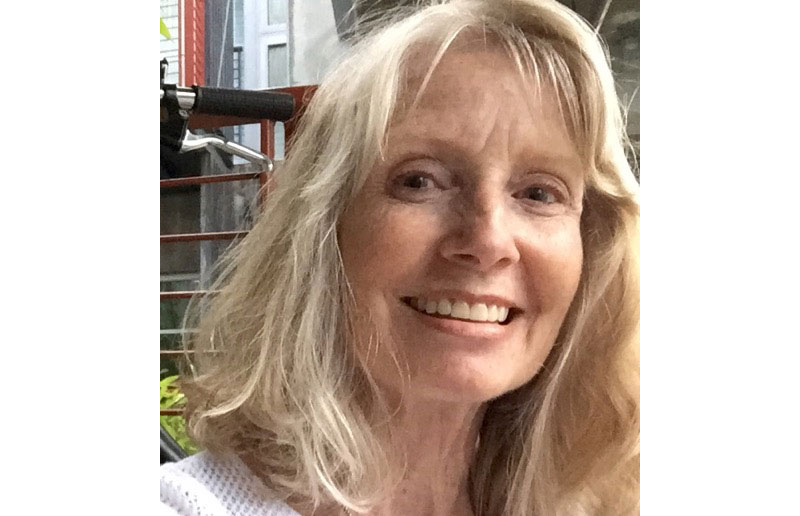Secrets I Learned During Cancer Caregiving
Marlys was the caregiver of her husband Gary who lived ten years after being diagnosed with late stage prostate cancer. After his diagnosis, together they founded a non-profit called Cancer Adventures, sharing their story with groups across the country. After Gary’s death in 2014, Marlys has continued to share the underlying theme of her and her husband’s story: How challenges are a part of life but you have choices. She has a passion for helping people navigate life’s challenges, having negotiated a few herself. You can read more from Marlys on her blog page.
My cell phone rang at a stoplight. “It’s cancer,” said the deep voice I knew and loved so well. “Oh, hon,” I exhaled. Even though he was now working, we were still digging our way out from under the financial reversals of a job lay-off. How would we afford cancer? How was I going to manage a full-time job, care for him, and care for my mom who was sinking into dementia?
And just like that, things went from bad to worse.
Surgery was scheduled. The surgeon explained afterward how they hadn’t removed Gary’s prostate; how, after opening him up, they had tested the nearby lymph nodes and learned the cancer had already spread. My body sagged into itself. What does treatment look like? How can I watch my husband die? I pushed myself up from the overstuffed chair in the hospital waiting area, punched in a number, and upon hearing my daughter’s voice, fell apart. Gut-wrenching sobs.
“Mom! What?!” My daughter had offered earlier to sit with me. “Not necessary,” I’d said. “It’s a three-hour surgery. You’d have to get a babysitter. I’ll call you when it’s over.” And now it was over. All our hopes and dreams. The many more years I wanted to share with my husband. All over.
After a season of anxiety and self-pity, Gary and I decided to become proactive. Our cancer team included better nutrition and increased physical activity,* stress management, getting plugged into community, gratitude, giving back, and our faith.
We ate a common-sense diet with increased veggies, fruits, whole grains, legumes, and modest portions of meat; we tackled tall mountain trails because Gary’s treatment, designed to slow down cancer growth, caused osteoporosis; and we discovered simple but effective ways to manage the stress of cancer and caregiving: getting outdoors, a good book or movie followed by energetic discussion, a standing Friday date night.
Gary and I got plugged into a thriving community of cancer survivors and caregivers –people with whom we shared meals, and outdoor concerts, and hiking/snow-shoeing trails.
In time, and with each shred of devastating news, we became adept at gratitude lists, knowing we could either count all that would never be the same, or we could count what remained.
We established a non-profit and booked speaking engagements across the country, sharing what we were doing to live well with late-stage disease. We had never founded a non-profit; I had never written for grant funding; Gary was the type who would have paid to not stand in front of audiences and speak. But with each presentation, it became easier. And as we shared hope, hope gently showered down all around us.
Our faith in God was strengthened during the cancer years. We learned to lean into what we had no control over, and make the best of what we could control, trusting that the Master Artist had a larger, more beautiful picture in mind. Consequently, unimaginable peace became our constant companion.
And then cancer showed up in bones, bladder, and liver, but not until after Gary lived ten high-volume, courageous, rich years. It was early evening in Hospice House when my husband took his final breath. We stayed by his side for several long minutes, wife and daughter crying. Face-scrunched-up crying, mourning this unspeakable loss and yet grateful that Gary was now cancer-free.
Ironically, the things Hubby and I practiced in order to live well with cancer are the very same things that are helping me thrive in widowhood. My life is quite full these days—as in, peaceful, grateful, purposeful, joyful.
* Always consult with your physician before making any lifestyle changes around diet or exercise.
